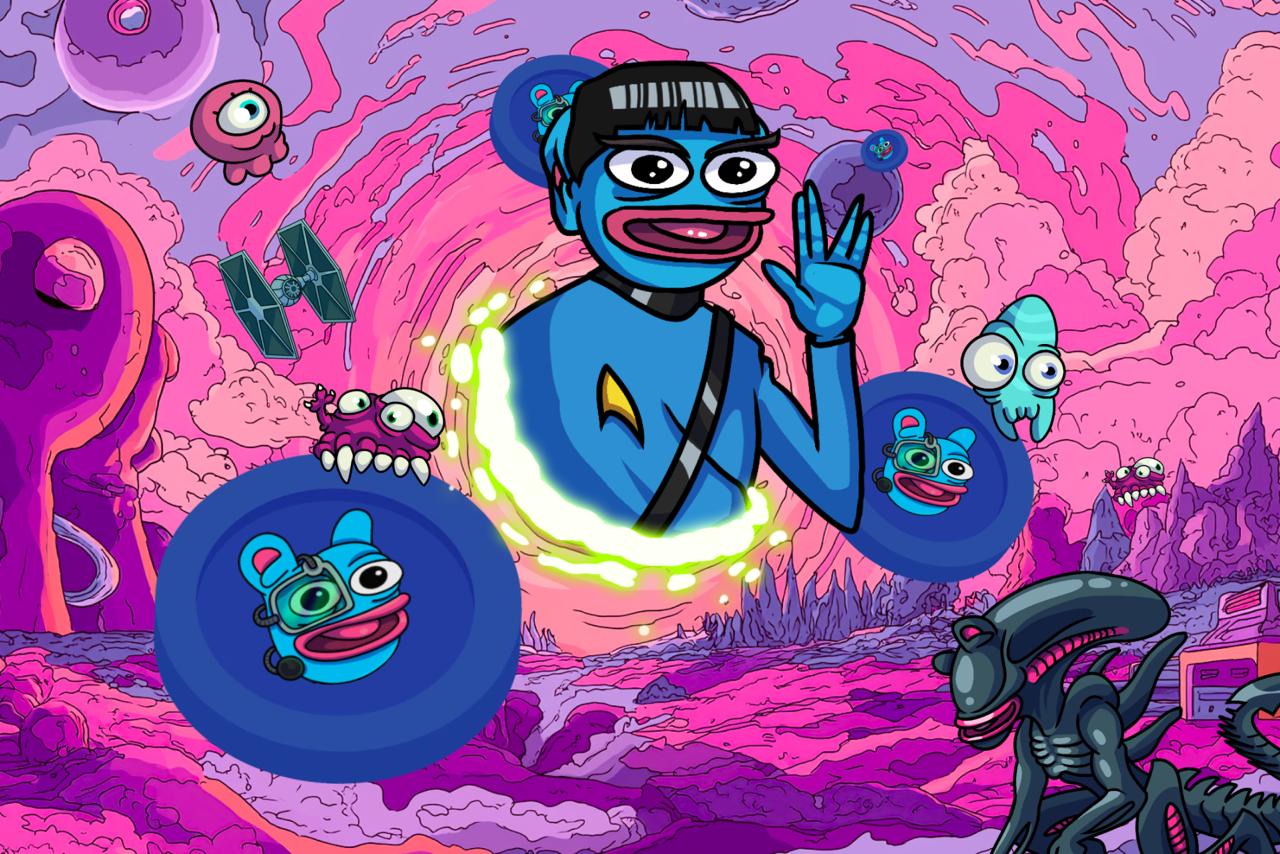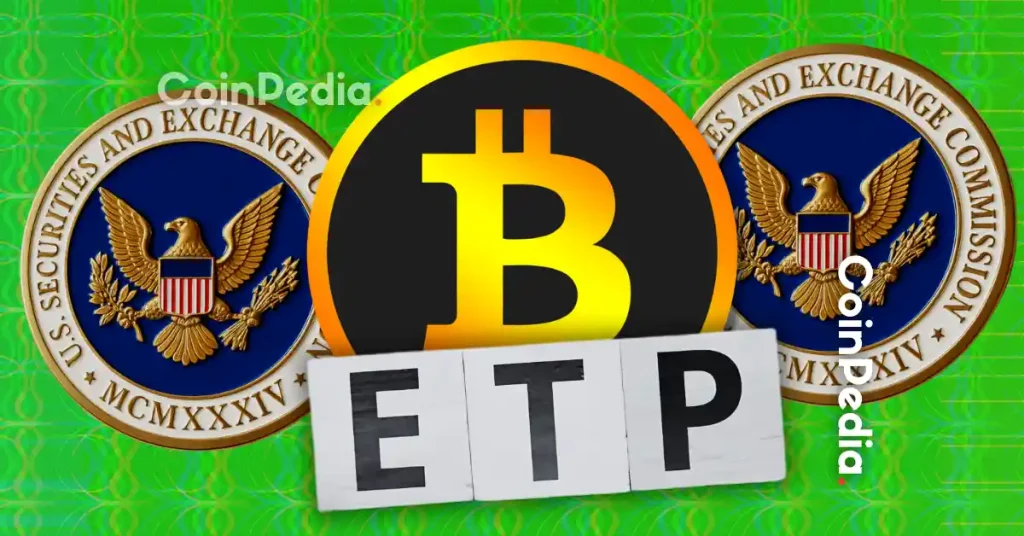Ultiland Partners with TradeTalent to Redefine AI-Driven Creator Economy
Ultiland, a popular Web3-based utility-led metaverse ecosystem, has partnered with TradeTalent, a Web3 firm connecting blockchain talent and decentralized projects. The partnership aims to redefine the creator economy’s future with AI integration with Web3 innovation. As the official social media announcement of Ultiland reveals, the collaboration endeavors to transform intellectual property, culture, and art into liquid assets on-chain. At the same time, the joint effort also builds a robust decentralized talent ecosystem.
Ultiland x TradeTalent Partnership Empowers Creativity with Web3 Innovation
The partnership between Ultiland and TradeTalent merges creativity and technology by leveraging AI technology. Hence, it is anticipated to strengthen creators, redefine the way value circulates in the digital economy, and improve talent ownership. For this purpose, Ultiland tokenizes real-world assets (RWAs) as well as cultural IP, giving them on-chain value. At the same time, TradeTalent is devoted to establishing a decentralized and AI-led talent verification as well as skill-proofing ecosystem.
Keeping this in view, by combining the strengths of both the entities, the initiative is set to create a network that lets creators seamlessly perform tokenization and reach validated talent pools, eliminating centralized mediators.
Building Transparent and Empowered Global Creator Economy by Merging Web3 and AI
According to Ultiland, the partnership attempts to accelerate Web3 advancement with AI-driven creative economy. Hence, it removes the conventional barriers faced by creative industries, bolstering professionals and creators by bringing digital value to talent, culture, and art economies. Ultimately, by driving convergence between RWA tokenization, decentralized networks, and AI intelligence, the duo is poised to establish a more transparent, globally accessible, and empowered creator economy.
You May Also Like

House Judiciary Rejects Vote To Subpoena Banks CEOs For Epstein Case

Pi Network Price Prediction; PI Coin Set For A Breakout As Investors Searching For The Next 100x Crypto Buy LBRETT
